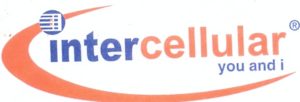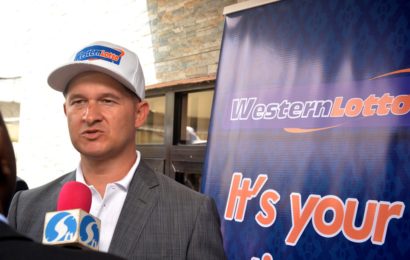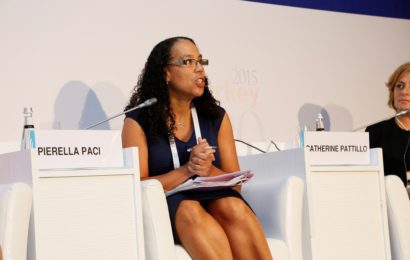 There is no hope in sight that the CDMA (Code-Division Multiple Access) section of Communication technology in Nigeria will be revived as companies with strong market share are gradually returning into the market with new mode of business.
There is no hope in sight that the CDMA (Code-Division Multiple Access) section of Communication technology in Nigeria will be revived as companies with strong market share are gradually returning into the market with new mode of business.
Before the GSM liberalisation and debut into the Nigeria market space, the CDMA was the force in the market with cooperate and government aligning with the technology and offerings and one of the big players in the market then was Intercellular.
But in Lagos recently intercellular said CDMA is gone. It is completely phased out from its business plan as it announced its return into the market as –InterC with most advanced technology in the market at the moment.
Speaking during the formal introduction of the new brand in the market Engr. Mohammed Waya, interC chief technical director (CTO) said Nigeria’s code division multiple application (CDMA) sector went burst following unfavourable market factors and the bullish drive by GSM operators.
Engr. Waya stated that InterC is rolling out to meet a niche market at a most critical phase of Nigeria’s economic transition. “We are concentrating on broadband at the moment because we have seen a lapse in this segment of the telecommunications sector,” said Waya.
Emad Sukker, InterC CEO, who defended the company’s investment timing considering the rapidly dwindling value of the Nigerian Naira against major global currencies, said there is no better time to invest in Nigeria than now.
“We have to believe in our economy and the currency. Nigeria will bounce back as Africa’s largest economy in no time. Despite the pressure on the Naira, we believe so much in this economy that it will pull through.
Gbenga Adebayo, president of the association of licensed telecom operators of Nigeria (ALTON), who lend his support, said it is a ” bold move” by Intercellular to return.
“You have made a very bold statement by your re-entry, most so with the niche investment in broadband. Broadband is the next big deal in the telecoms space with just about 20 per cent penetration. We are projecting 30 per cent penetration by 2020, so I will say you have made a very smart business decision,” said Adebayo.
He added that “we must do everything possible to encourage small players to enter and cause a positive change.”
He counselled InterC to “be the best that you can be and don’t ne pressurised to be the largest in the land. The market is big enough for every player to play.”
Serah Agha, commercial director of InterC said the decision to invest was informed by huge potentials in Nigeria. “With about 180 million people and still counting, Nigeria remains a hotbed for investors.”
InterC is available in MIFI, data SIM card and rolls out in 4G LTE technology, with technical backup from China’s leading equipment vendors, Huawei. It has initial roll-out in Kaduna, Abuja and Port Harcourt with plans for additional cities in the near future. wrefers to any of several protocols used in second-generation (2G) and third-generation (3G) wireless communications.








